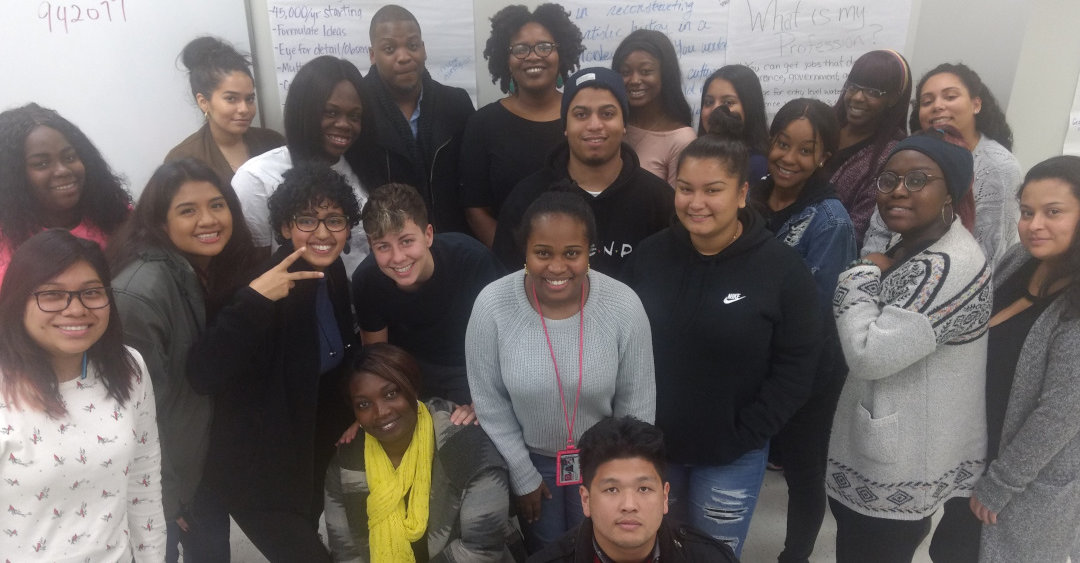“These residents were already struggling to become economically self-sufficient, so Hurricane Harvey creates another crushing burden,” said Houston Housing Authority president and CEO in response to the relief efforts in the Fifth Ward. The way in which Black Houstonians are represented in the wake of Harvey are as individuals who were already poor and impoverished and that this natural disaster has only exacerbated their situation. Many of these residents don’t possess the resources to seek aid from organizations providing relief support. Houstonians express that Houston has struggled with low poverty numbers long before their most recent natural disaster.
The history of Black Houston can be traced to the Fifth Ward. Formally established in 1866 following an influx of new residents moving beyond the established city to the north of Buffalo Bayou and east of White Oak Bayou, the Fifth Ward was a premier site for newly freedmen to settle. Initially both black and white occupants lived in the Fifth Ward, but by 1880 the area became predominantly comprised of African Americans. Its close proximity to the Southern Pacific Railroad and Houston Shipyard attracted black workers and provided employment opportunities for residents. The Fifth Ward and surrounding neighborhoods were once thriving communities of railroad and industrial workers, but the decline of industry in the neighborhood and a lack of government investment helped contribute to a rapid deterioration.
During the Gilded Age, the Fifth Ward still endured poor public services, including fire and police services, and its residents complained of inadequate drainage and sanitation. In 1912, what became known as “The Great Fifth Ward Fire” decimated most of the homes and businesses in the area—the effects of which extended to the cotton and railroad industries. But by 1925, the Fifth Ward became a growing black community with over 40 black-owned businesses.
The population of the Fifth Ward only continued to grow following the Great Mississippi Flood of 1927 when Louisiana disaster victims sought refuge and, later, permanent homes in what is now known as “French Town” . In the 1960s, racial integration thwarted sustainable economics in the Fifth Ward, as successful residents relocated for better opportunities and white-owned businesses and business owners who lived outside of the Fifth Ward began to welcome black residents into their shops. Simultaneously, freeways were being constructed, which displaced many families and businesses in addition to separating the residential areas from the business district . By the 1970s, the Fifth Ward lost a significant part of its population and was devastated with boarded-up homes, vacant business and overgrown empty lots.
Though Black Houston has shown social, political and economic development throughout the years, it has not been an easy task for Houstonians to progress in society since Houston’s government has neglected to offer a solution to its recurring problems including unemployment, environmental disasters, and social issues.
Climate change in the aftermath of Hurricane Harvey is of government concern and is sure to impact the growth and development of Houston. The effects of the storm have also caused health concerns among the community, including exposure to E. coli. The news media represented an issue where the catastrophic zones of Hurricane Harvey had mostly impacted low-income individuals. This knowledge has brought great concern to all, but specifically to those living in public housing who are most susceptible to illness. Black Houstonians are aware of the lack of care regarding their livelihood. The majority of residents did not have the resources nor the opportunity to leave their homes before the natural disaster hit. The government did not propose a plan for low-income families who could not leave, which resulted in a number of casualties. Houstonians believed that if they are not part of the middle- or upper-class percentage of people that have money, they will be forgotten.
During our research, our group learned that the Fifth Ward and surrounding area had been neglected years prior to the hurricane. Houstonians have been fighting to be heard, and the media doesn’t publicly acknowledge their crisis. For example, Houston’s most public and known crisis is Hurricane Harvey, an environmental disaster that is said to have collapsed their economy. What most people do not know is that the deterioration of the Fifth Ward dates back to the early twentieth century and has been erratic ever since.
We believe our group answered everything to the best of our collaborative ability, however it would have been helpful to have gathered more material on the Fifth Ward’s impact and influence on Houston as a city. The Houston Area Archives may be a resource that would supply more information.
